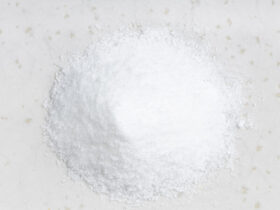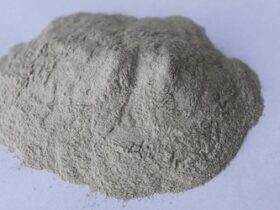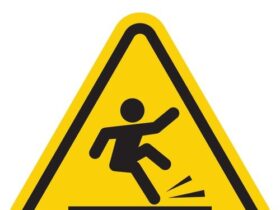Aging affects every part of the body, from head to toe. Whether it is skin wrinkles, or muscles losing their strength. to hearing and eyesight, aging takes its tolls on the health of everyone.
Eyesight is such an important part of overall health, we can all use some helpful tips and ideas to stay healthy in this ciritical area. There are many eye health problems that may come up as a result of old age. Caring for your eyes as you grow old is good to keep in mind, and good to be proactive about too.
Your eyes may become susceptible to diseases as you age. The best approach to supporting your eye health will be to identify the common age-related eye problems.
There are several eye health problems that become common and prominent with increasing age, and you may need to recognize and be proactive about. Here are three more comon areas that may be of concern and to stay on top of. If you are concerned about the medical condition of your eyes, always start with getting advise from a qualified medical professional.
Glaucoma
While it is possible for even children to develop glaucoma, this eye health problem mainly affects people above the age of 60. Glaucoma is typically caused by abnormally high intraocular pressure. Unlike most eye problems, glaucoma often shows up with no symptoms. However, the symptoms associated with glaucoma include severe headache, blurred vision, nausea, and tunnel vision. If you start noticing these symptoms as you grow older, promptly visit an eye doctor.
As stated earlier, glaucoma is caused by pressure in the eye. This pressure typically results in damage of optic nerves which connects the eye to the brain. As a result, glaucoma tends to cause blindness permanently if not treated, and even if treated, there could be problems. Getting regular eye screenings and staying proactive may help to find this condition early and get any issues recognized and taken care of.
Treatment/Prevention
The first step you can take to care for your eyes is to screen yourself and your family for a history of glaucoma. This eye problem tends to get passed down from parents to children. Once you have determined whether you have a higher risk of contracting glaucoma, start getting your eyes monitored regularly. Protect yourself from serious eye injuries. Wear eye protection if you work in an environment with flying objects. There are eyedrops that reduce the intraocular pressure that eventually causes glaucoma. Use these treatments regularly and as prescribed by your doctor.
Cataracts
A cataract develops slowly and interferes with your vision as you age. It is caused by damage or scarring of the eye lens tissue. Cataracts can also form naturally. This is because as you grow old, the lens of your eyes becomes thicker, loses its flexibility and becomes opaque. If the tissues around the lens starts to break down and clump together, cataracts are formed. A cataract causes clouding of the eyesight. The denser the cloud, the blurrier your vision gets. This eye problem is usually develops in both eyes but typically at a different rate. You can identify cataracts by the following signs; sensitivity to light, dim vision, color fading, and difficulty in seeing at night. Here is more information about cataracts from the National Eye Institute
Treatment/Prevention
You have a higher chance of developing cataracts if you have diabetes, high blood pressure, or smoke and drink alcohol. As there is no known method of preventing cataract, the best cause of action is to be proactive and avoid a dangerous lifestyle.
The only way to treat a cataract is by corrective surgery. The bad and weak lens is replaced with an artificial lens. There are different types of lenses that can serve as a replacement. To ensure no harm to your eye health, visit an ophthalmologist.
Age-Related Macular Degeneration (AMD)
According to manhy sources, like the American Federation for the Blind, macular degeneration is a growing concern more people every year, and “is occurring at a rapid rate in this country” (US). It is a leading cause of blindness, macular degeneration, mainly affects adults above the age of 50. Risk factors for AMD include advancing age, high blood pressure, smoking, high cholesterol, and obesity. Genetics also play an important role in determining who could be affected by this eye problem. Symptoms associated with AMD include hallucination, blurry vision, distorted vision, and decreasing visual acuity. Check out this article at the website for the American Federation of the blind for more in depth information.
Treatment/Prevention
The effects of age related macular degeneration AMD can’t be reversed, so, treatment is targeted at slowing down and disrupting the progression of the disease. There are known supplements that reduce the rate of progression of the disease. As of this moment, there is no known cure. Ensure that you obtain the supplement with the right formula. Confer with your doctor as to the right steps to take.
General care of the eye that should be taken into consideration include eating good food that contains the necessary vitamins needed for eye maintenance. You should quit smoking and refrain from drinking alcohol. Another thing to consider is wearing sunglasses to protect your eyes from dangerous UV rays.
Considering the maintenance of your eyes health as a significant and important part of your body health routine is the right step to take, while you age, so what are your best tips?
If you enjoyed this article check out more from our Health and Wellness section!
* We suggest that you always seek medical advice from a qualified professional. This article is not intended as medical advise and for general information only, Always seek out and get information from a qualified medical doctor.













